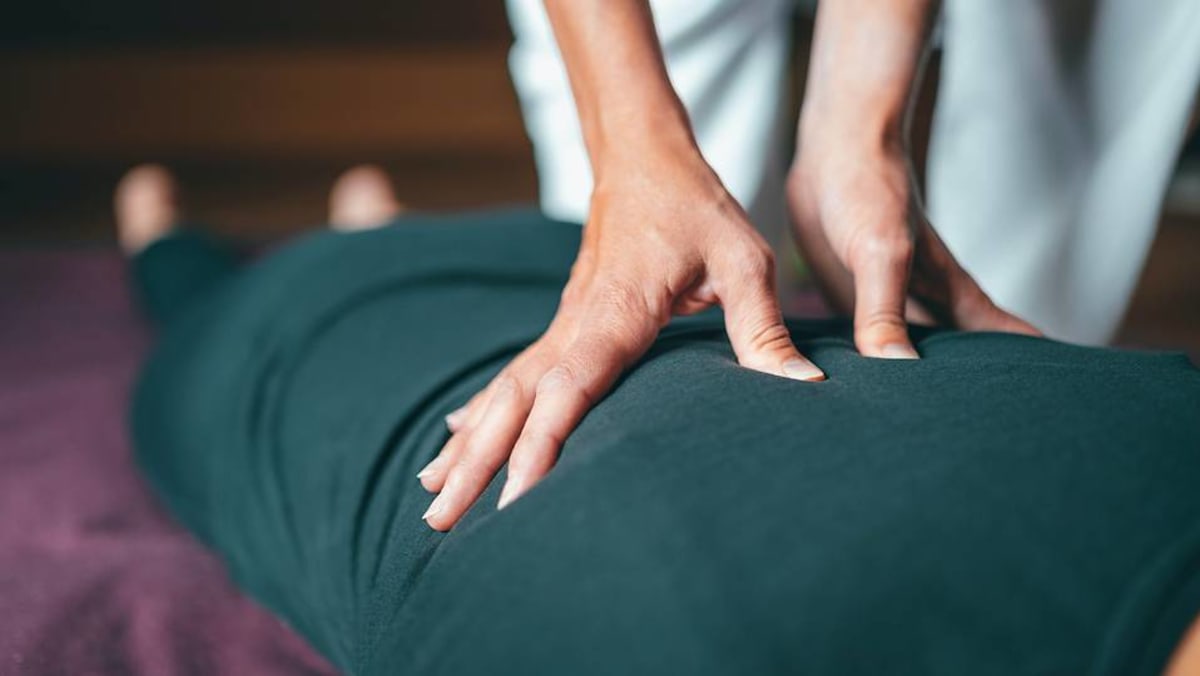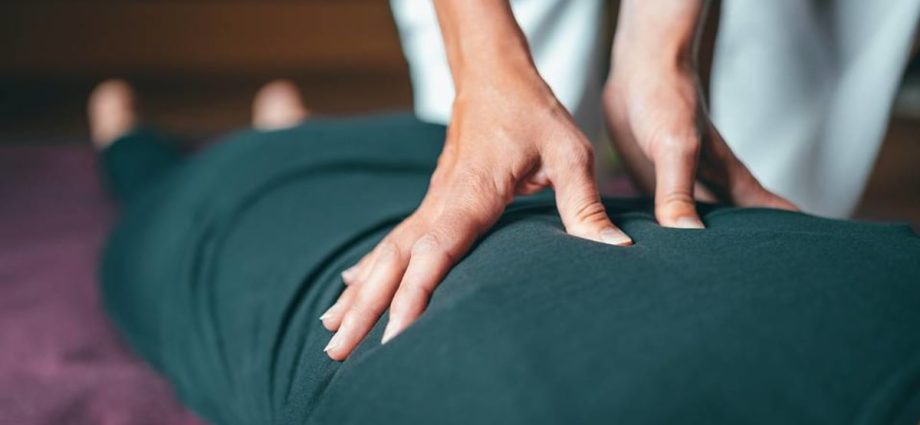
SINGAPORE: A spa owner who knew that she was not allowed to continue offering massage services in closed-off rooms at her shop was sentenced to jail after her employees continued the service when she went overseas.
The police found out that the closed-door massage services had continued unabated for two days, with some customers saying they had been offered sexual services.
The owner of Four Seasons Spa, Huang Xiaoyue, was sentenced to 24 weeks’ jail by a district court.
She appealed against her sentence, and the High Court on Wednesday (Jul 12) cut her jail term to 18 weeks.
At the same time, Justice Vincent Hoong established a sentencing framework to guide courts dealing with cases under the Massage Establishments Act (MEA) for a person who carried on the business of providing massage services without a licence.
He noted that “the lower courts have adopted inconsistent approaches to deriving sentences” for such offences, and said a sentencing framework would reduce such inconsistencies and provide a clear structure to guide the exercise of the courts’ sentencing discretion.
THE CASE
Huang is the sole director of a company operating Four Seasons Spa. Although the spa did not have a licence under the MEA, it had received permission to operate as an exempted massage establishment under certain conditions, including that massages had to be conducted in full public view.
On Sep 17, 2019, police officers checked the spa and realised that it had rooms with doors where massage services could be given in private. This was a breach of the spa’s exemption.
The employees were told to lock the establishment that day, as the spa was not allowed to operate without a massage establishment licence, and had breached its exemption.
On Dec 9, 2019, the police checked on the spa again and found that it was still operating.
Huang had been convicted on Sep 17, 2019 of operating a massage establishment without a licence and fined S$7,000 (US$5,234). She was therefore liable for enhanced penalties.
She claimed trial to her new charges over the fresh incident. The prosecution relied on the evidence of four customers who had visited the spa on Sep 17, 2019 and Dec 9, 2019.
Two of the customers said they had been offered sexual services during their massages, which they turned down.
Huang had given an employee the keys to the place and gone overseas.
She argued that she did not know that her employees were still providing massage services, as she had left the daily operations of the spa to her staff.
She said she had instructed her staff not to operate the spa on those days, and that she was in China. She conceded that the onus was on her, and that she had been “careless” in leaving spa operations to her employees.
JUDGE’S DECISION
“Massage establishments, while serving to relieve bodily pain, often create pains for law enforcement by serving as fronts for vice activity,” noted Justice Hoong.
He said the MEA was enacted to take tougher action against unlicensed massage establishments, many of which were “fronts for vice activities, the proverbial wolf in sheep’s clothing”.
Previously, operators of unlicensed massage establishments could be fined up to S$1,000, with an additional fine of up to S$50 per day of continuing offending.
However, this was found inadequate and penalties were enhanced. Currently, Section 5 of the MEA allows for increased maximum fine amounts, jail terms and punishments for first-time and repeat offenders.
Before considering the sentence to apply to Huang specifically, Justice Hoong established a new sentencing framework.
He outlined, among other things, categories for an “archetypal non-vice case” and “archetypal vice case”.
Applying the framework to Huang, he found that hers was an archetypal vice case, and that she was a repeat offender where her only previous conviction was on a single, non-vice charge.
He rejected the prosecution’s argument for an uplift to Huang’s sentence for her “lack of remorse”, saying that there was not enough evidence to show this.

